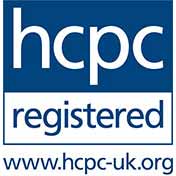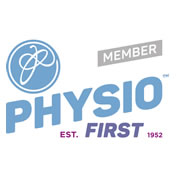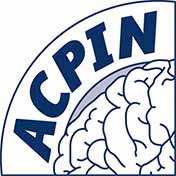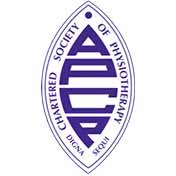Our specialist team at Yorkshire Neuro Physiotherapy can assess individuals and their living environment, and provide appropriate recommendations regarding suitable aids and adaptations that may help to make mobility and general day-to-day activities easier and safer. People who are living with a neurological condition may find that everyday activities present them with certain difficulties, for example getting in and out of bed, getting around the house, preparing a meal, negotiating the bath / shower etc. Being able to carry out tasks such as these enables a person to maintain their independence, and provides them with choice as to how they conduct their daily routines and their lifestyle.
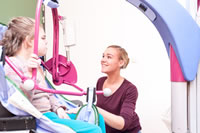 Aids that may assist day-to-day mobility may include crutches, walking sticks, zimmer frames, wheeled frames, gutter frames, wheelchairs (including seating / cushions, leg rests etc), transfer boards and belts, hoists (including slings), rails (inside and outside your house) and wheelchair ramps.
Aids that may assist day-to-day mobility may include crutches, walking sticks, zimmer frames, wheeled frames, gutter frames, wheelchairs (including seating / cushions, leg rests etc), transfer boards and belts, hoists (including slings), rails (inside and outside your house) and wheelchair ramps.
Aids / splints may be required to address a foot drop, wrist drop or joint contractures.
Adaptations may be necessary for your toilet seat, bed, bath / shower, chairs, car or kitchen in order to help you with everyday tasks around your home, your personal hygiene, and your general safety.
We will consider your goals, your difficulties, your home environment and any activities you would like to be able to carry out outside your home, such as recreational and vocational activities, and we will advise you on the specific equipment you may need and how to use this safely.
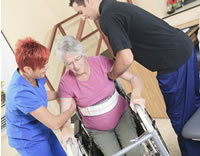 Our team is also able to advise your family, carers or care teams as to how to make your home environment safer and more practical for you to be in. This may involve an assessment of and recommendations regarding your living space, or a more formal risk assessment of your environment, equipment and the people involved with your care. We can devise individualised protocols for equipment use, moving and handling, and functional activities as required, including any associated training.
Our team is also able to advise your family, carers or care teams as to how to make your home environment safer and more practical for you to be in. This may involve an assessment of and recommendations regarding your living space, or a more formal risk assessment of your environment, equipment and the people involved with your care. We can devise individualised protocols for equipment use, moving and handling, and functional activities as required, including any associated training.
We can also provide training and advice as to how to ‘position’ and manually handle an individual with a neurological condition in order to help with posture, breathing, spasticity, skin care, pain and to manage specific joint problems such as hemiplegic shoulders, joint stiffness / tissue contractures, foot and wrist drop.
To find out more about how we can help you, please feel free to get in touch. One of our team will be happy to speak with you over the telephone initially if you would like to ask questions and explain your situation before committing to arranging an appointment.

